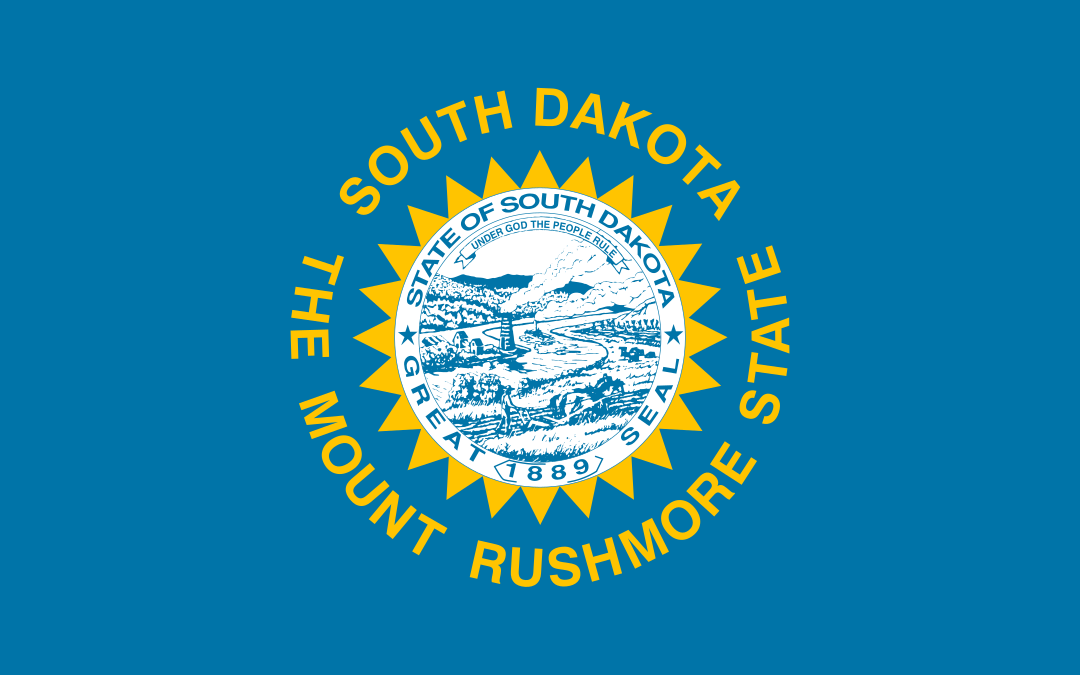In South Dakota, voters will decide on a veto referendum against Senate Bill 201 (SB 201), a law regarding carbon dioxide pipelines, on Nov. 5, 2024.
On July 10, the secretary of state’s office announced that 92% of the 34,000 signatures submitted were valid, meaning around 31,432 signatures were valid. In order to qualify for the ballot, 17,509 valid signatures were needed.
Gov. Kristi Noem (R) signed SB 201 on March 26, 2024. SB 201 provides requirements for regulating carbon dioxide pipelines used in carbon capture and storage systems. These systems take carbon emissions from emission sources, such as oil and gas plants or factories, transport them through pipelines, and store them underground to reduce their emission into the atmosphere.
SB 201 would also allow counties to enact a $1 per linear foot surcharge on related pipeline companies. At least half of the surcharge revenue would be allocated toward property tax reductions for affected landowners. SB 201 would also preempt any local law or regulation regarding carbon pipeline policies, and prevent local governments from enacting or enforcing local regulations regarding carbon pipelines.
State Rep. Will Mortensen (R-24) sponsored SB 201 in the South Dakota State Legislature. He mentioned a proposed carbon dioxide pipeline, the Summit Pipeline, that would transport carbon dioxide from 57 ethanol plants in South Dakota and neighboring states to North Dakota, where the carbon dioxide would be stored underground.
Rep. Mortensen said, “If you don’t think the pipeline should be held accountable, you should vote no. If you don’t think farmers deserve additional compensation, you should vote no. If you don’t think counties deserve additional compensation from these pipelines, you should vote no. But if you want farmers protected and counties benefited if these pipelines are built, you should vote yes like the Legislature did and the governor approved.”
Jim Eschenbaum, chairman of South Dakota Property Rights and Local Control Alliance, said that SB 201 set a precedent in allowing the Public Utilities Commission to automatically overrule local commissioners regarding local regulations. Eschenbaum said, “It took the voice away from county commissioners and gave it to three people in Pierre. They basically say we’re not smart enough, that we don’t understand. I think it’s an awful precedent to set.”
The referendum will join six other ballot measures on the ballot for Nov. 5, 2024. They are:
- Constitutional Amendment E: Would amend the state constitution to change male pronouns in the Constitution to gender-neutral terms or titles
- Constitutional Amendment F: Would amend the state constitution to provide that the state “may impose a work requirement on any person … who has not been diagnosed as being physically or mentally disabled” for eligible individuals to receive Medicaid under the Medicaid expansion that took effect on July 1, 2023
- Constitutional Amendment G: Would provide a trimester framework for regulating abortion in the South Dakota Constitution, making abortion legal in South Dakota with regulations after the first and second trimester
- Constitutional Amendment H: Would replace partisan primaries with top-two primaries for state executive, state legislative, congressional, and county offices
- Initiated Measure 28: Would prohibit state sales taxes on anything sold for human consumption, not including alcoholic beverages or prepared food.
- Initiated Measure 29: Would legalize the recreational use, possession, and distribution of marijuana



